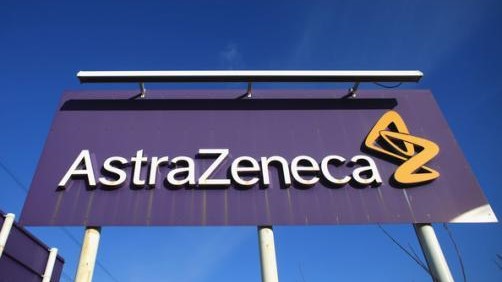AZ maintains 2020 guidance as Q1 sales grow despite pandemic

The ongoing pandemic will not affect AstraZeneca’s performance in 2020, the company has said after its first quarter results beat analysts’ expectations.
Yesterday the big US pharma Merck & Co cut its sales and profit forecasts, but AZ said that the COVID-19 pandemic would not be so disruptive.
Sales for the three months ended March 31 rose 17% to $6.31 billion, on a constant-currency basis, above analysts’ expectation of $5.89 billion.
China has been an important market for AstraZeneca and despite the pandemic revenues continued to rise there during the quarter.
Revenue from China increased 17% to $1.42 billion, around 23% of total revenues.
Earnings per share rose 21% to $1.05, above expectations of 94 cents per share from a consensus of 22 analysts provided by Reuters.
Total revenue including payments from external partners rose 17% to $6.35 billion from the year earlier.
AstraZeneca is also testing two of its already-approved drugs as potential treatments for COVID-19.
Calquence (acalabrutinib) is already approved for chronic lymphocytic leukaemia in several countries and AZ is testing it in the phase 2 CALAVI, assessing whether the drug can suppress the cytokine storm that inflames the lungs and organs of some patients with COVID-19.
AZ’s Farxiga (dapagliflozin) is already approved in type 2 diabetes but the company is testing its ability to protect organs in the phase 23 DARE-19 trial.
AZ has also signed up to the ACCORD-2 proof of concept clinical trial platform, to speed the development of medicines for patients with COVID-19.
The cancer drugs that have helped AZ overcome one of the industry’s worst patent cliffs over the last few years continue to grow revenues.
Sales of lung cancer drug Tagrisso (osimertinib) were $982 million, an increase of 58% compared with last year’s Q1.
The cancer immunotherapy Imfinzi (durvalumab), approved in a new lung cancer indication in the US at the end of March, increased sales by 57% compared with last year’s Q1.
Farxiga, approved in type 2 diabetes and heart failure, increased revenues by 19% to $407 million.
However Tagrisso could be threatened by generic competition in the US – several companies are attempting to produce cheap copies.
AZ has contested this and is set for a showdown in the US District Court of Delaware, although no trial date has been set.













